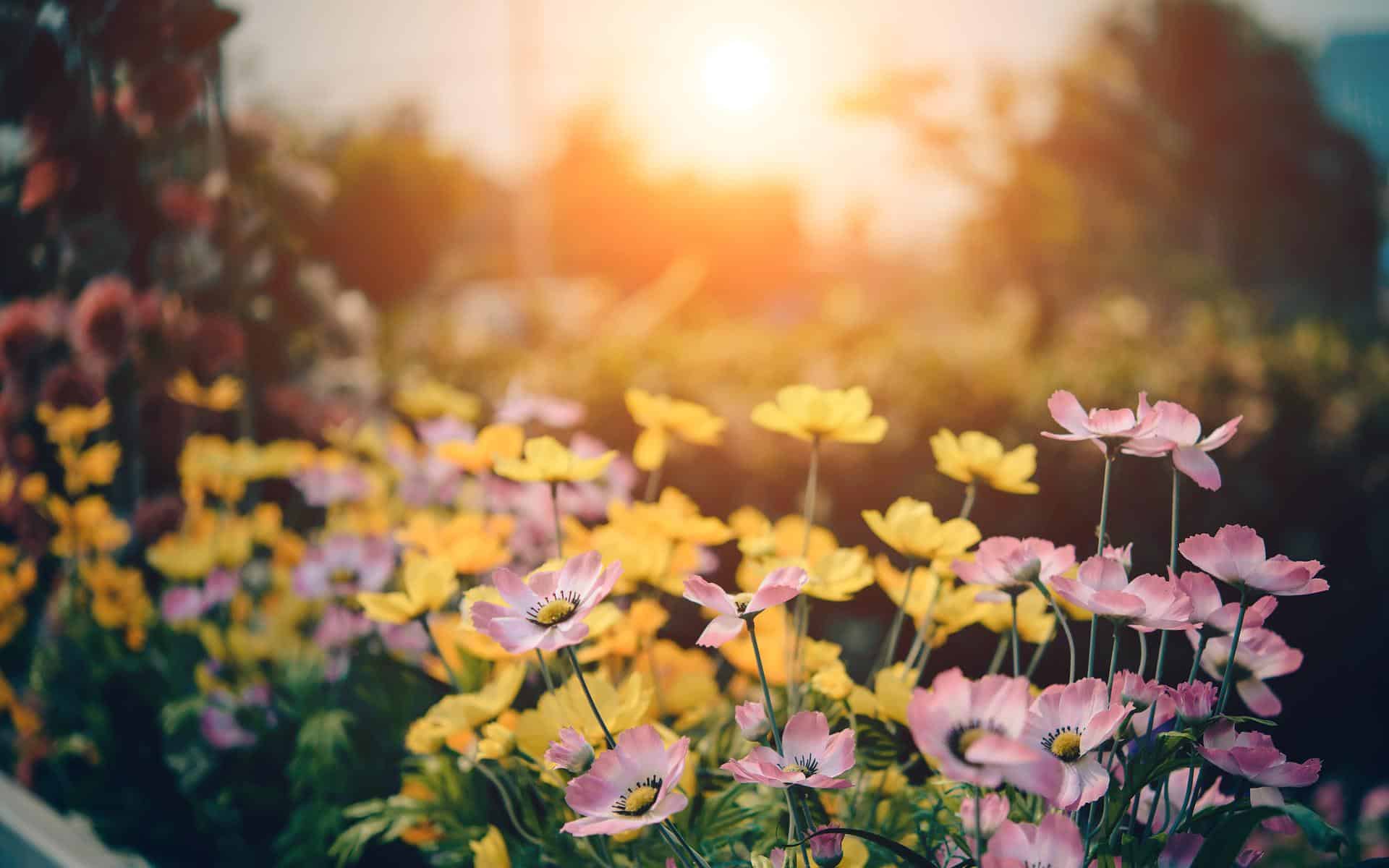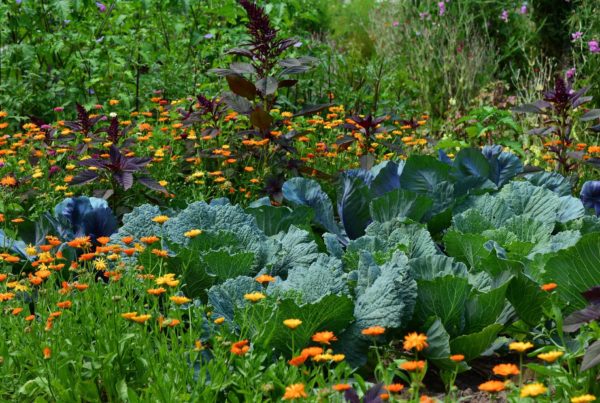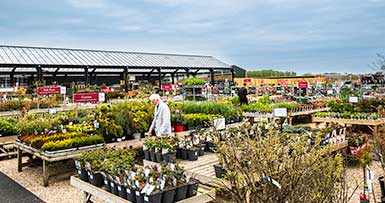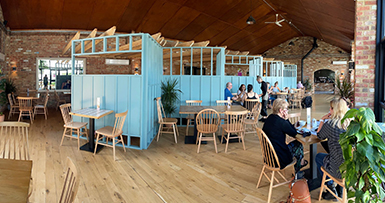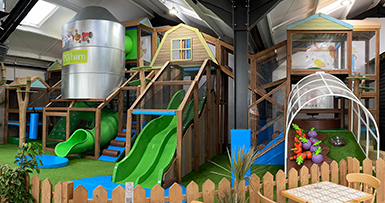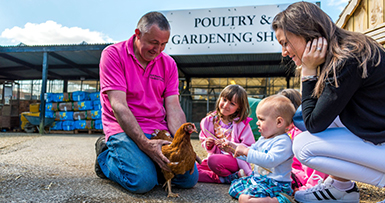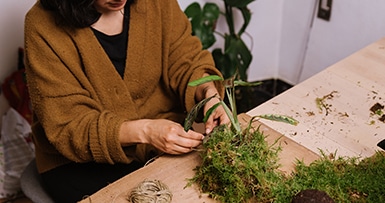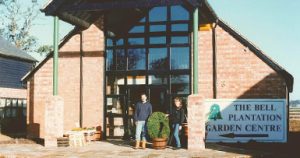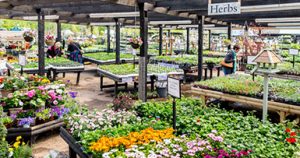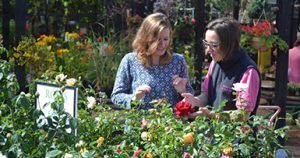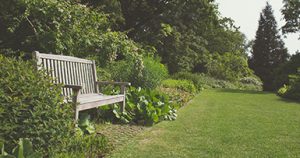How To Feed Your Garden
Plants take nutrients out of the soil and compost they are planted in for nutrients, so feeding your plants help to boost growth, flowering and health; especially if they are in pots or containers.
We recommend that it is a good idea to feed your plants every fortnight for the rest of summer, to ensure they are getting the nutrients they need.
Feeding your garden is an essential practice to ensure robust plant growth and a bountiful harvest. By providing a balanced mix of nutrients through organic or synthetic fertilizers, compost, and well-decomposed manure, you enhance the soil’s fertility and structure. Regular feeding replenishes essential elements like nitrogen, phosphorus, and potassium, which are vital for plant health. Additionally, incorporating mulch and organic matter helps retain moisture, suppress weeds, and foster beneficial microbial activity. Tailoring the feeding schedule to the specific needs of your plants and the growing season promotes vibrant foliage, strong roots, and an abundant yield, transforming your garden into a thriving, verdant oasis.
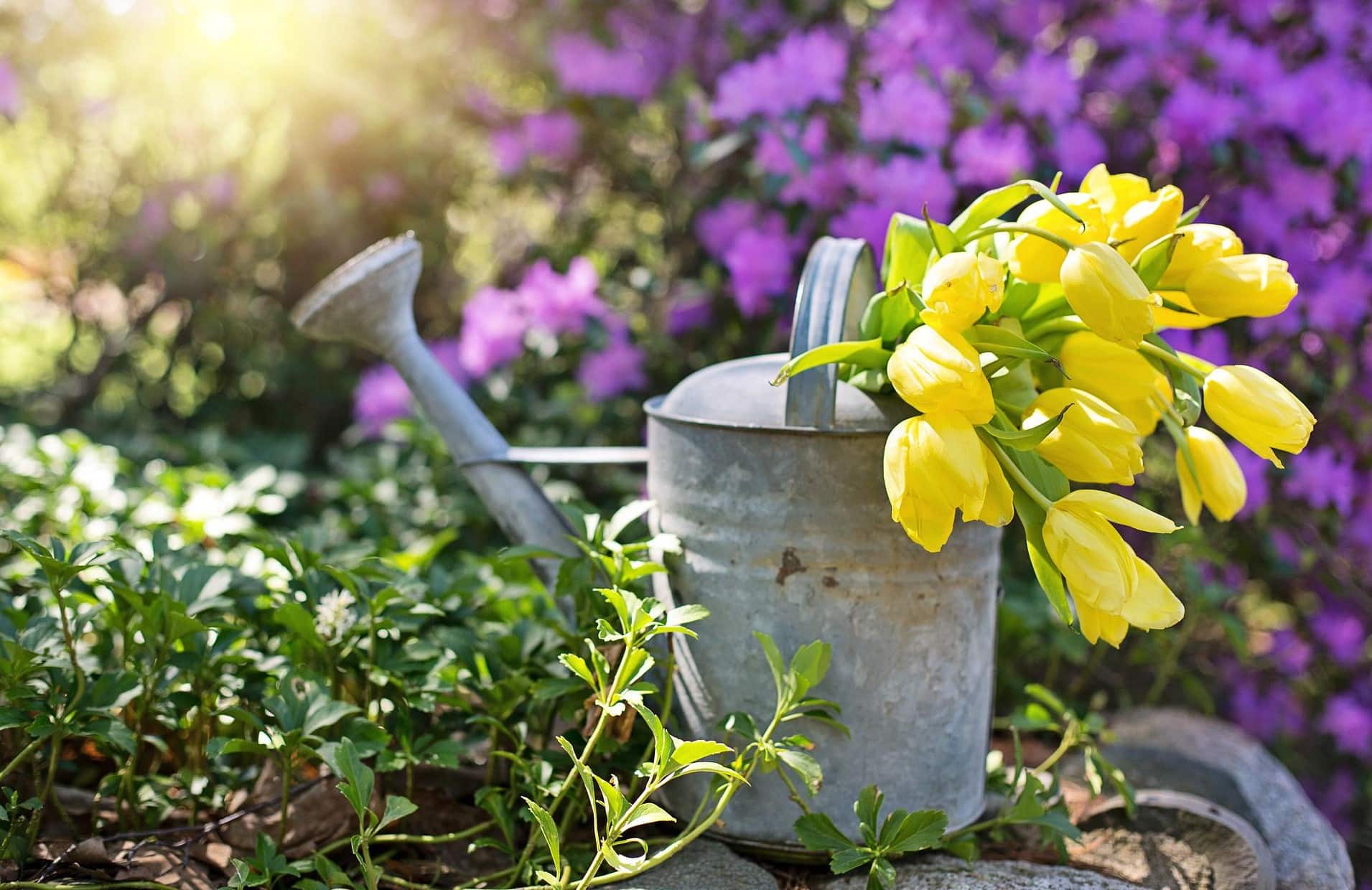
Plants & Flowers
All the watering you are doing to keep your plants alive will slowly wash the nutrients from the compost in your pots and planters so keep feeding your plants. Feed them every fortnight for the rest of the summer to keep them looking good.
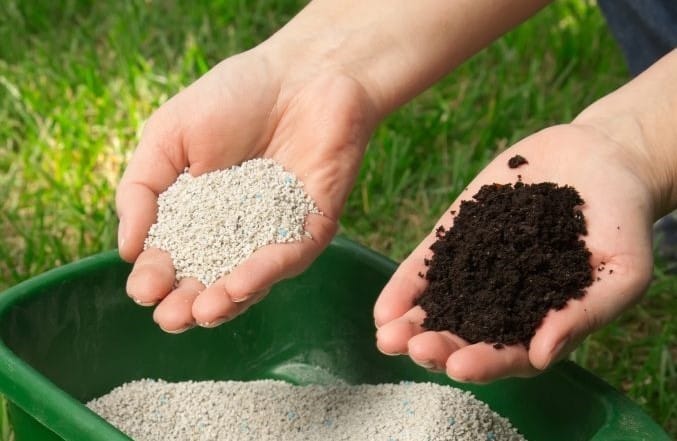
Lawn
If your grass is looking tired and not growing as well between May to August, you can apply an application of spring or summer lawn fertiliser, or a mix of sulphate of ammonia mixed with dry soil. Always apply this mixture when conditions are cool and damp and lightly water it in.


